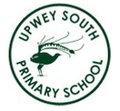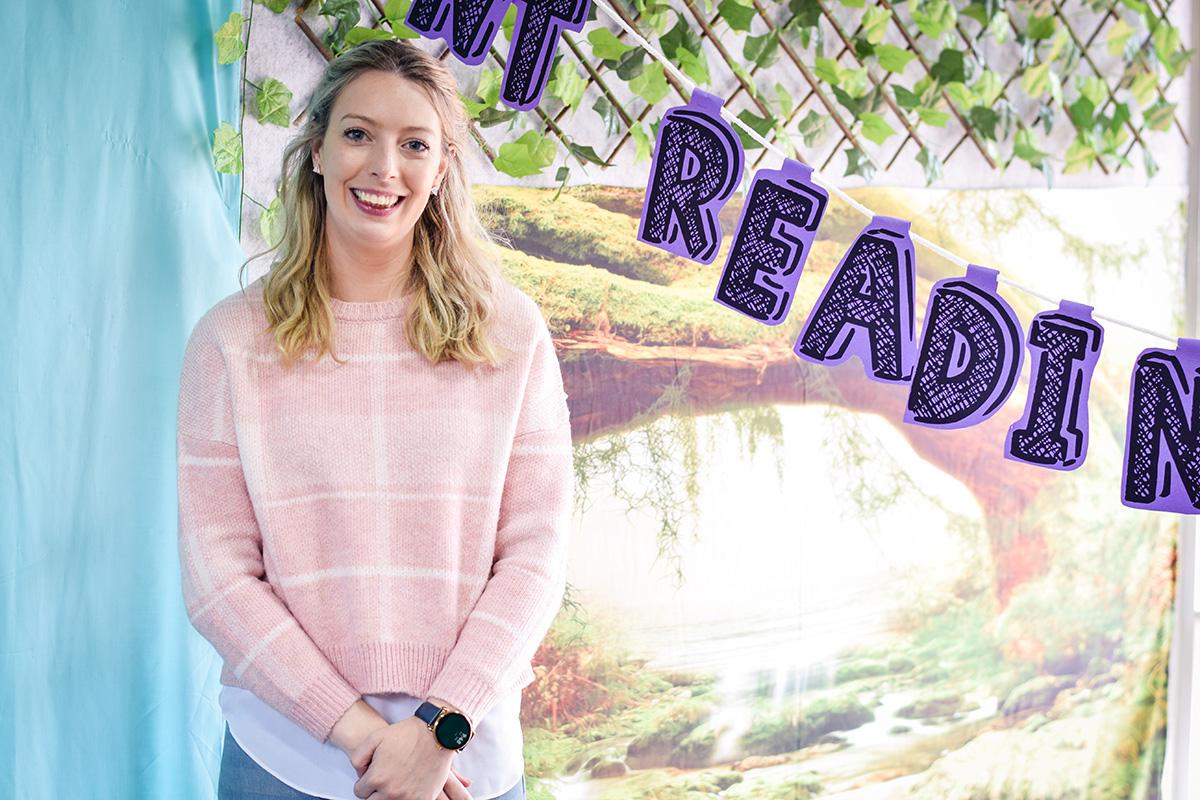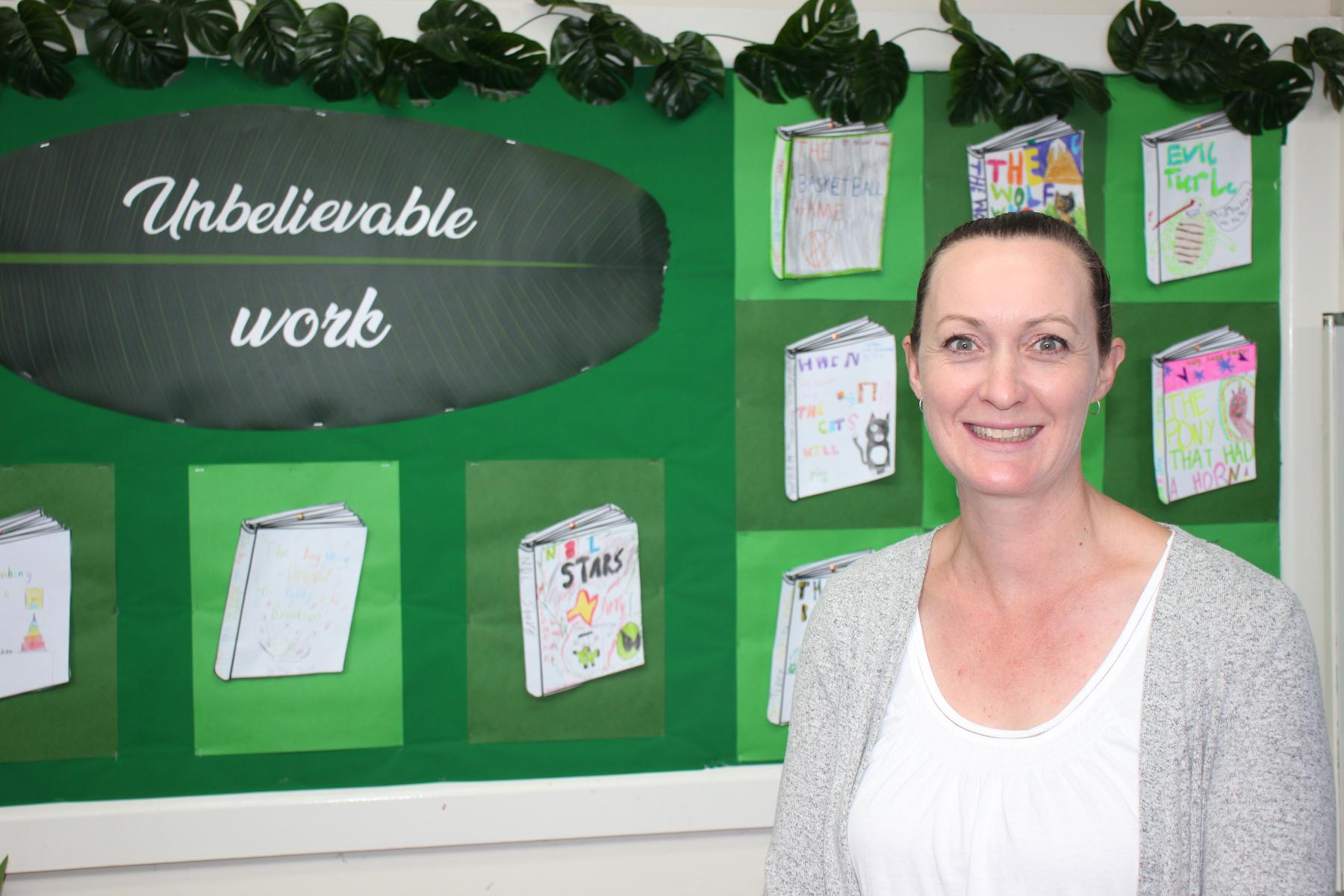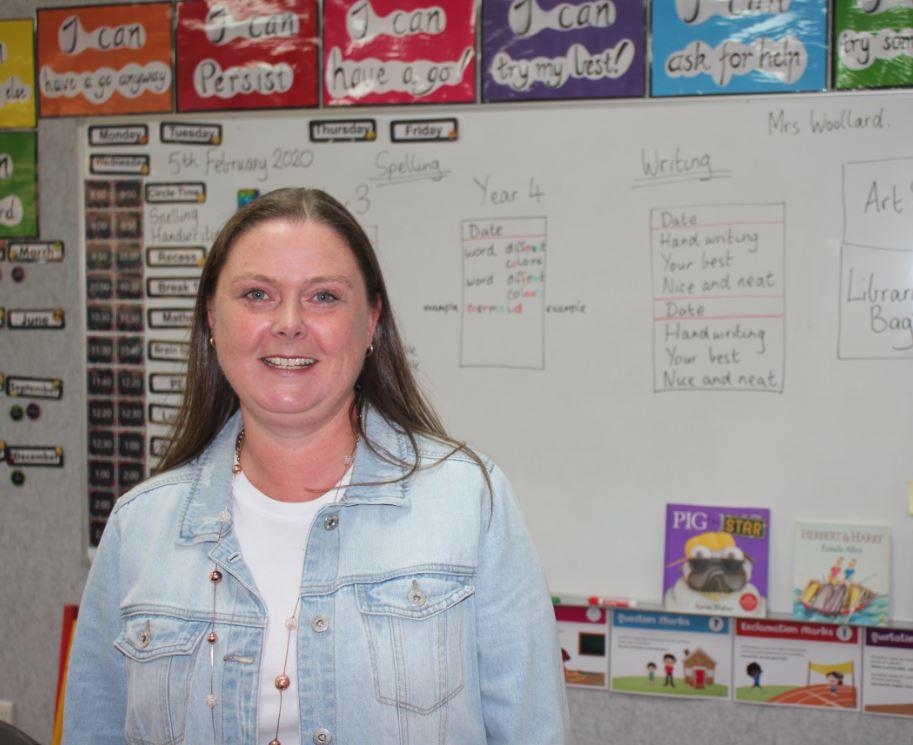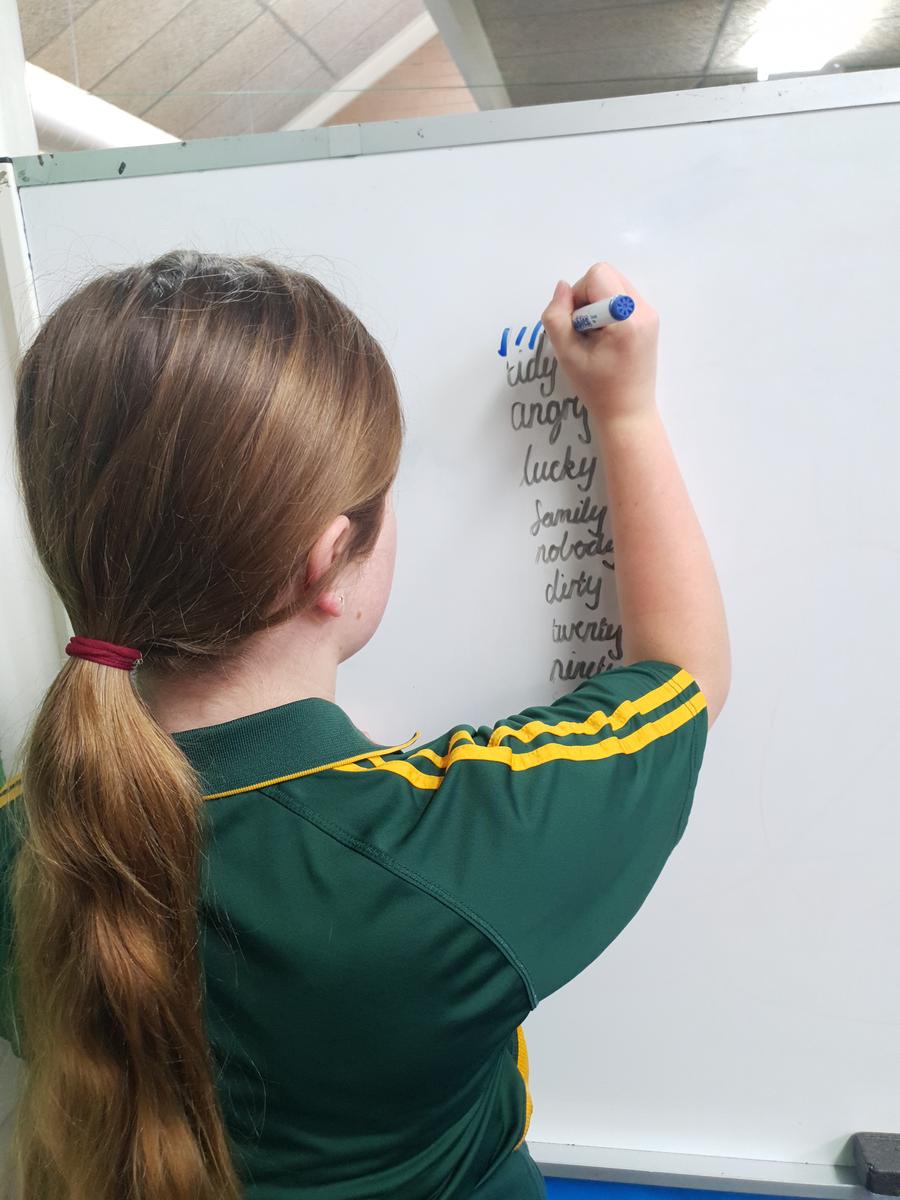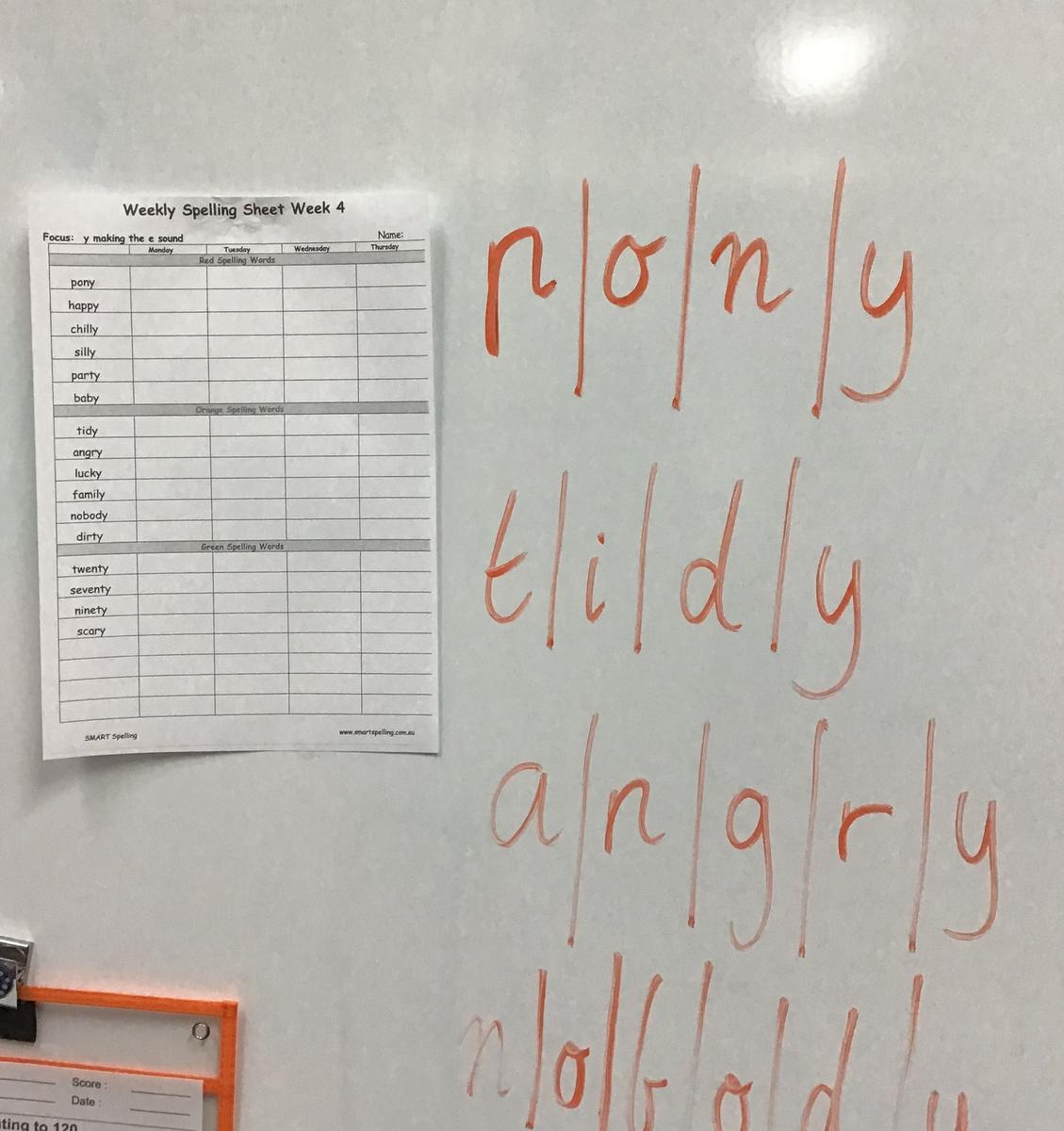Year Three/ Four
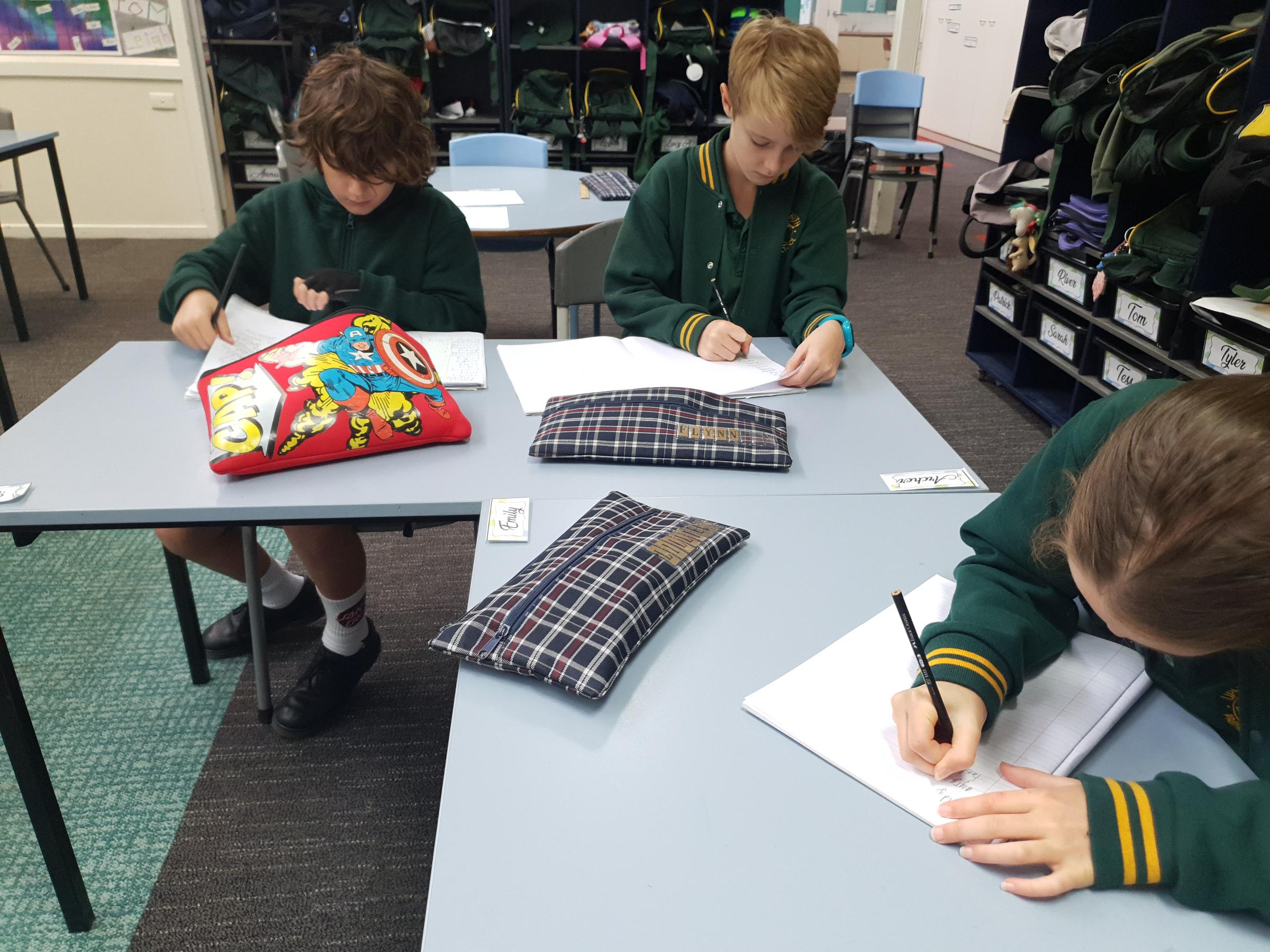
Communicating with the Year Three/Four Team
We look forward to partnering with you in 2020, and welcome your input:
Mel Rowe (Class 34A) rowe.melinda.j@edumail.vic.gov.au
Meghan Henchley (Class 34B) Henchley.Meghan.M@edumail.vic.gov.au
Melissa Woollard (Class 34C) woollard.melissa.j@edumail.vic.gov.au
Literacy in our Year Three/Four Classrooms
Our Year Three/ Four cohort have made a wonderful start to the year and have settled into their new classrooms with Miss Henchley, Mrs Woollard, and Mrs Rowe.
Across our school we have a saying that our Foundation- Year Two students are "learning to be great readers" and when they reach Year Three- Year Six they are "reading to be great learners".
Throughout our Literacy block we have increased the rigour and expectations of our students, with the focus being upon exposing students to texts which link to building their knowledge of all aspects relating to citizenship; which supports our current Inquiry focus upon structures of government.
In Reading, we have been examining digital and print media related to the three levels of government, and have been looking at how this type of factual information can be presented in easy to consume ways; such as tables, graphs, captioned photographs, and annotated diagrams. We have also been utilizing "thinking tracks" to record our thoughts and questions as we read.
During Writing sessions, we have been examining what makes an effective narrative; as we increase the "writer's toolbox" for our students so that their narratives can be boosted by including "sizzling starts", "cliffhangers", "emotive connections" and "plot builders". Students have engaged in low-stakes free-writing, based upon their teacher's modelled workshop; such as when Mrs Rowe modeled how to write about an emergency and invoke feelings of suspense and anguish in the audience.
Over the coming weeks, we will be introducing our students to the VOICES acronym; which is based upon the "Six plus One Traits of Writing". This is referenced in the Year Five/ Six piece for this week.
Within Speaking and Listening, we have promoted structured and meaningful circle time amongst our classrooms; as we discuss what we expect from each other as a community. We have based our discussions upon defining our school values, and making connections between school rules and laws made by governments.
Across Year Three- Year Six we have introduced a new component to our Literacy sessions, known as Smart Spelling. This is a systematic spelling program which teaches set spelling rules and addresses sets of words. SMART is an acronym referring to the sequence which teachers follow to teach words to students (Say, Meaning, Analyse, Remember, Teach). Each week students are explicitly taught a spelling pattern, which systematically builds upon their knowledge. Teachers then guide students to select a range of words (from simple to complex) which they study.
Our weekly SMART Spelling program overview is:
Monday: Explicitly teach the words and students select words for their Home Learning.
Tuesday – Thursday: Students are provided time in class to learn their spelling words, using activities from their spelling grid. Teachers provide students with new methods of learning and understanding of their words.
Friday: Spelling tests are conducted to assess student growth.
We look forward to meeting with you personally next Monday and Tuesday evening to discuss the progress, and future learning goals for your child.
